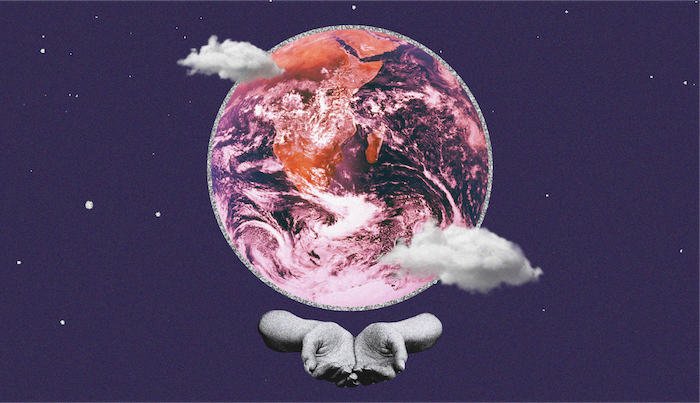Coming Home and Cleaning House: What Is the Lunar New Year?

For many Chinese people, the moon is a symbol of our personal past. It represents those who came before us. It represents our heritage. Therefore, Lunar New Year is a day to remember.
What will this Lunar Year be about for you?
It is a day to remember that our emotional responses are psychosomatic reactions. They can be seen as having an immune system that has been genetically conditioned by our ancestors, by what they survived through, and what they died within.
It is a day to remember that our social position and ability to claim wealth and health are all inheritances left by our ancestors.
It is a day to remember that our oppression is ancestral, and that our privilege is also ancestral.
This is what the Lunar New Year is about.
WHOSE TIME IS IT, ANYWAY?
When I was a kid, we always watched the CCTV (China Central Television) New Year’s Gala on Lunar New Year.
We watched with my aunts, uncles, grandparents, and cousins back in China. Because this was before the days of streaming videos, we had to watch it at exactly the same time. During that annual long-distance telephone call, 7pm in China and 7am in the USA coincided when we found ourselves in front of the same cast of singers and comedians as our relatives who were living a literally world away.
Time can be a tricky thing. Though it might not seem like it, the Lunar New Year falls on the same day every year. Like clockwork, it begins with the Aquarius new moon.
Lunar New Year only appears to move in reference to time because the calendar that dominates our culture, the Georgian calendar, is a solar-based calendar, and lunar methods of time-keeping do not appear to match up perfectly every year.
Because we do not use a lunar calendar to tell the story of time, this makes lunar events seem “subjective” (read: unreliable) while the solar-based system is seen as more “objective” (read: empirical).
The moon itself links to archetypes about the feminine, the home, and the roots. Culturally, these archetypes are seen as less rational and inferior to those of the sun, which are masculine, public, and political.
By honoring the Lunar New Year as a beginning in its own right, we can remind ourselves that methods of keeping time are vast and that there is nothing intrinsically “correct” about the present method that dominates our culture.
Curious about the way other cultures approach the zodiac?
CELEBRATING LUNAR NEW YEAR
Traditionally, Lunar New Year has been celebrated by returning home, by cleaning the house, and by eating together as a family.
Returning Home
This gives you time to remember where you came from. However you feel about the family you were born into, this is the scape that gives us our genetic predispositions in the world, defining our emotional triggers and how we react to problems.
This year, ask yourself how you can ally yourself with the stuff that makes you who you are by realizing your emotional triggers and reactions. How can you own and work with your system of reaction?
Cleaning House
This isn’t just a superficial cleaning! This is an annual deep-cleaning of the house. This time is about making your home a more conscious space of inner development. This is a time for being intentional about how subconscious influences affect how you feel daily.
Rearrange the furniture so the place looks and functions differently. Your living space is where you often think our most private thoughts, and today is about changing your system of reference. In fact, if you are planning to move, the Lunar New Year is a great day to do it.
Eating with Others
The food chosen on Lunar New Year has symbolic value in Chinese culture. For example, eating fish symbolizes wealth while noodles symbolize longevity.
This practice is done so that we are more conscious of how we are nourishing ourselves for the new year. So, choose foods that mean something to you, and feed the people you hold close to your heart. This ritual meal also allows us to symbolically nourish ourselves in order to evaluate and validate our very real needs.
Take the time to examine what you’re allowing yourself to swallow metaphorically, as in information or other people behavior. Allow yourself to consider your consumption habits related to your needs, and examine whether or not adjustments need to be made.
MAKING CHANGES
When I visited my grandpa recently, we sat down and he talked me through the basics of the I Ching. The Book of Changes teaches that, to stay alive, things have to change. Lunar New Year, then, is the day to identify the changes we are capable of making on the scale of one year.
Happy Lunar New Year!
Discover the key to your unique life path and personality with your premium Birth Chart.



